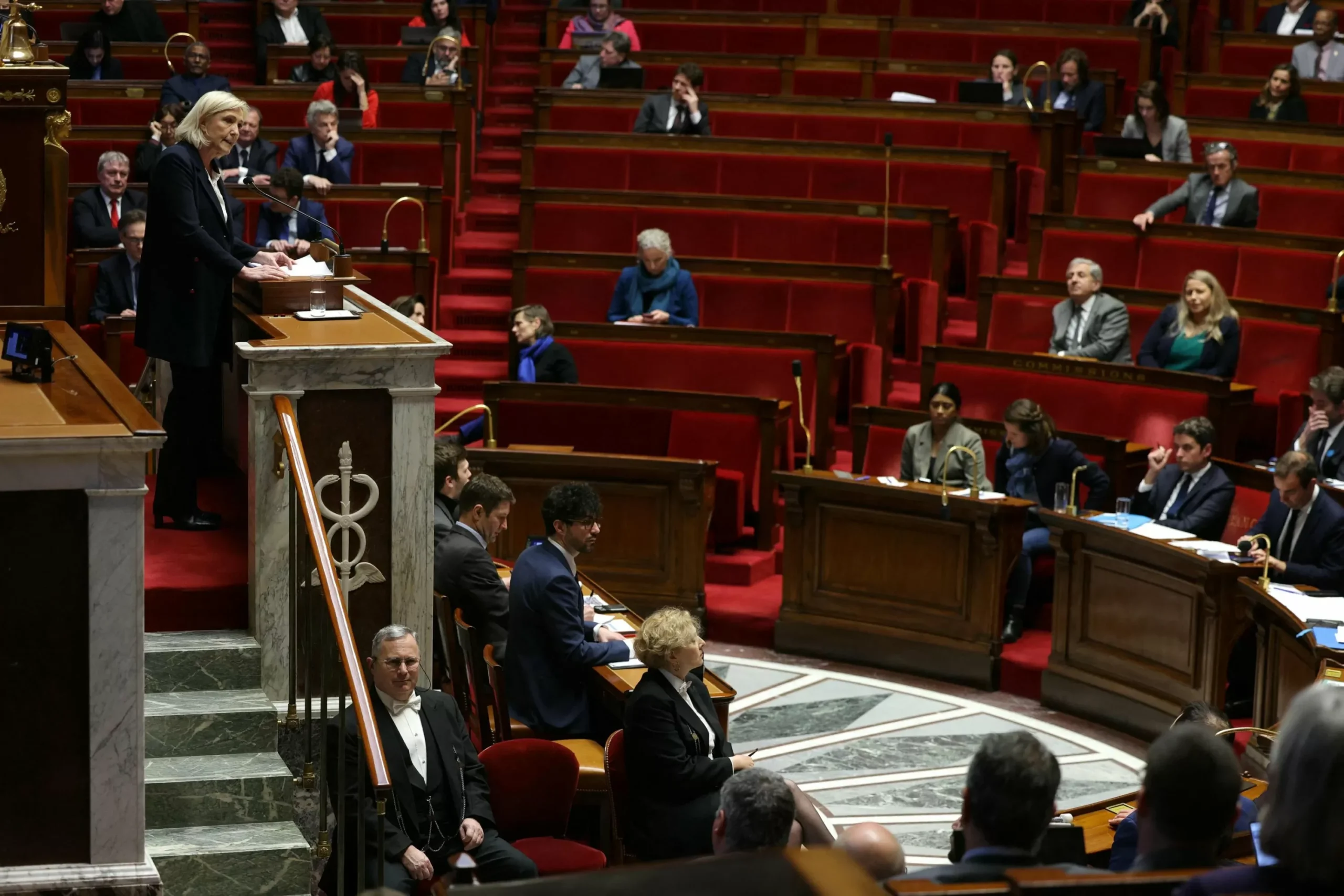The French parliament has taken a new step towards reducing the appeal of fast-fashion brands, particularly those mass-produced by China, to consumers. The move, which has been approved by the Parliament, comprises a series of measures aimed at encouraging consumers to opt for more sustainable and ethical fashion choices.
Fast fashion has become a deeply ingrained part of our society, with its low prices and constant supply of new trends enticing consumers to purchase items they don’t necessarily need. However, the environmental and social impact of this mass production and consumption of clothing has become increasingly apparent, leading to a global push towards more sustainable and ethical fashion practices.
In France, the government has recognized the urgent need to address the issue of fast fashion and its effects on the environment and society. The new measures, which have been met with widespread support from lawmakers, aim to take concrete steps towards reducing the appeal of fast-fashion brands, especially those from China’s mass producers.
One of the key measures approved by the French parliament is the introduction of a new tax on imported fashion goods. This tax specifically targets fast-fashion brands from China, which have been flooding the French market with their cheaply produced clothing items. By implementing this tax, the government hopes to level the playing field for local and sustainable fashion brands and encourage consumers to make more conscious choices when purchasing clothing.
Furthermore, the French parliament has also approved legislation that requires all fashion brands to disclose information about their supply chains and the environmental and social impact of their production processes. This move is a significant step towards increasing transparency in the fashion industry and holding brands accountable for their actions.
The new measures have been welcomed by various environmental and social justice groups, who have long been advocating for more sustainable and ethical fashion practices. They believe that the introduction of these measures will bring about a much-needed shift in consumer behavior, leading to a decrease in demand for fast-fashion items and a rise in demand for sustainable and ethical alternatives.
The French government’s efforts to reduce the appeal of fast-fashion brands also extend to education. The new measures include plans to introduce sustainable fashion education in schools and universities, with the hope of raising awareness and inspiring the future generation to make more ethical fashion choices.
These initiatives by the French parliament are not only limited to reducing the appeal of fast-fashion brands but also aim to support local and sustainable fashion brands. The government has announced plans to increase funding for these brands and provide them with more resources to help them create more accessible and affordable sustainable fashion options for consumers.
The move by the French parliament is a significant step in the right direction and sends a strong message to the fast-fashion industry. It is a clear indication that the French government is committed to promoting more sustainable and ethical fashion practices and is willing to take bold steps to achieve this goal.
Moreover, this decision is also likely to have a ripple effect on the global fashion industry. France, being one of the fashion capitals of the world, has a considerable influence on international fashion trends. The introduction of these measures could encourage other countries to follow suit and take similar steps towards reducing the appeal of fast-fashion brands.
In conclusion, the French parliament’s approval of these measures to reduce the appeal of fast-fashion brands is a significant achievement in the fight for more sustainable and ethical fashion practices. It not only showcases the government’s commitment to this cause but also highlights the growing demand for change among consumers. Let’s hope that these measures serve as a wake-up call for the fashion industry and lead to a more environmentally and socially responsible future for fashion.




